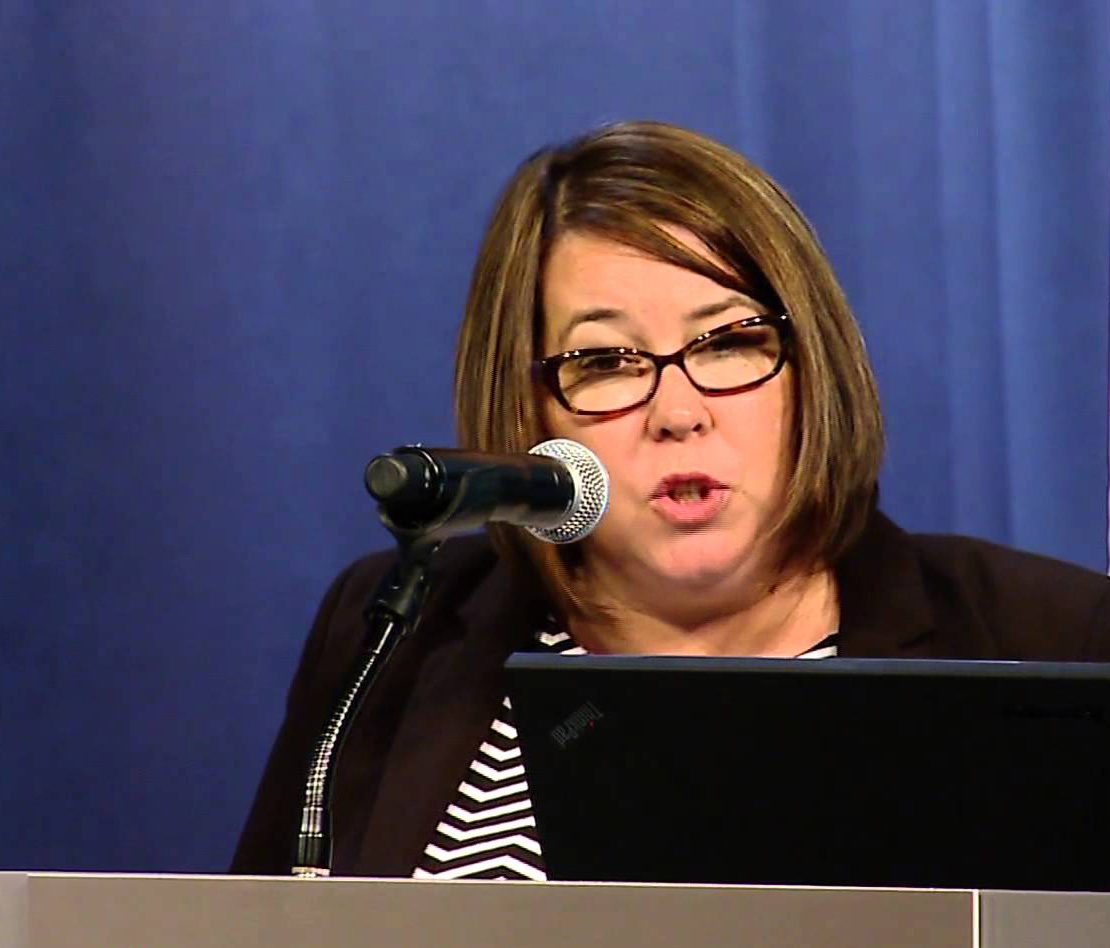
With only 700 net-metered customers across Kansas, Kansas Corporation Commission (KCC) should have welcomed customer choice and the clean energy economy.
If you’re a regular CEP blog reader, you’ve been listening to us talk about fixed charges and threats to solar in Kansas for quite a while. To make sense of the KCC’s decision last week, you have to go back to the beginning.
In the 2015 Westar Energy fixed charge case, Westar, proposed charging customers a higher fixed customer charge and adding extra fees to customers with rooftop solar, transferring them to a separate rate class. Through the filing, the utility essentially sought to make it more difficult and more expensive for Westar customers to make their own energy choices.
The case ended in a settlement with a small fixed charge increase, and the question of how Westar Energy charges rooftop solar customers was kicked to a separate general investigation docket. The investigation was to examine not only electricity rate issues, but also costs and benefits of rooftop solar and other forms of distributed generation (DG). Westar suggested it was fine to look at costs, but not look at “the alleged potential benefits.”
Fortunately, the KCC saw things differently. Recognizing “quantifiable benefits of DG” to help reduce utility costs, the KCC called for a renewed discussion on the full costs and benefits of distributed generation and began stakeholder workshops.
As participants in the case, our goal was to ensure that electricity customers were treated fairly if they chose to invest in solar. We also wanted to ensure a transparent and data-driven process: around the country, there have been many investor-owned utilities attempting to impose fees on customers without adequate evidence to justify punitive charges.
As the workshops began, it was soon clear that the proceeding was moving forward with limited data from the utilities. Even so, all nine electric utilities involved and the staff of the Commission agreed to a settlement that would allow solar customers to be charged differently.
CEP submitted testimony opposing the settlement. We used the small amount of Westar data we were provided to compare solar customers to non-solar customers and concluded that customers were basically using the grid comparably which led us to challenge the underpinning of the settlement agreement. If you want the wonky details, read our testimony.
Last week, the Commission issued an order allowing utilities to create separate rate classes for customers with wind and solar systems, making it harder and more expensive for utility customers to make their own energy choices.
Will this decision shut the door to Kansas’s participation in the 21st century clean energy economy?
The Climate + Energy Project (CEP) is a non-partisan 501c(3) organization working to reduce emissions through greater energy efficiency and the use of renewable energy. Located in Hutchinson, Kansas, CEP collaborates with diverse partners across the nation to find practical solutions for a clean energy future that provides jobs, prosperity and energy security.
